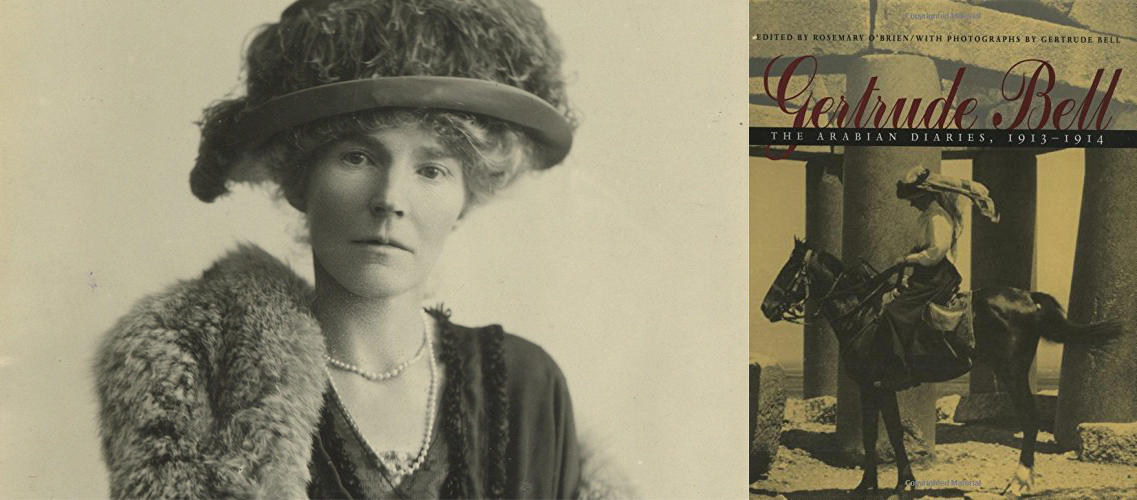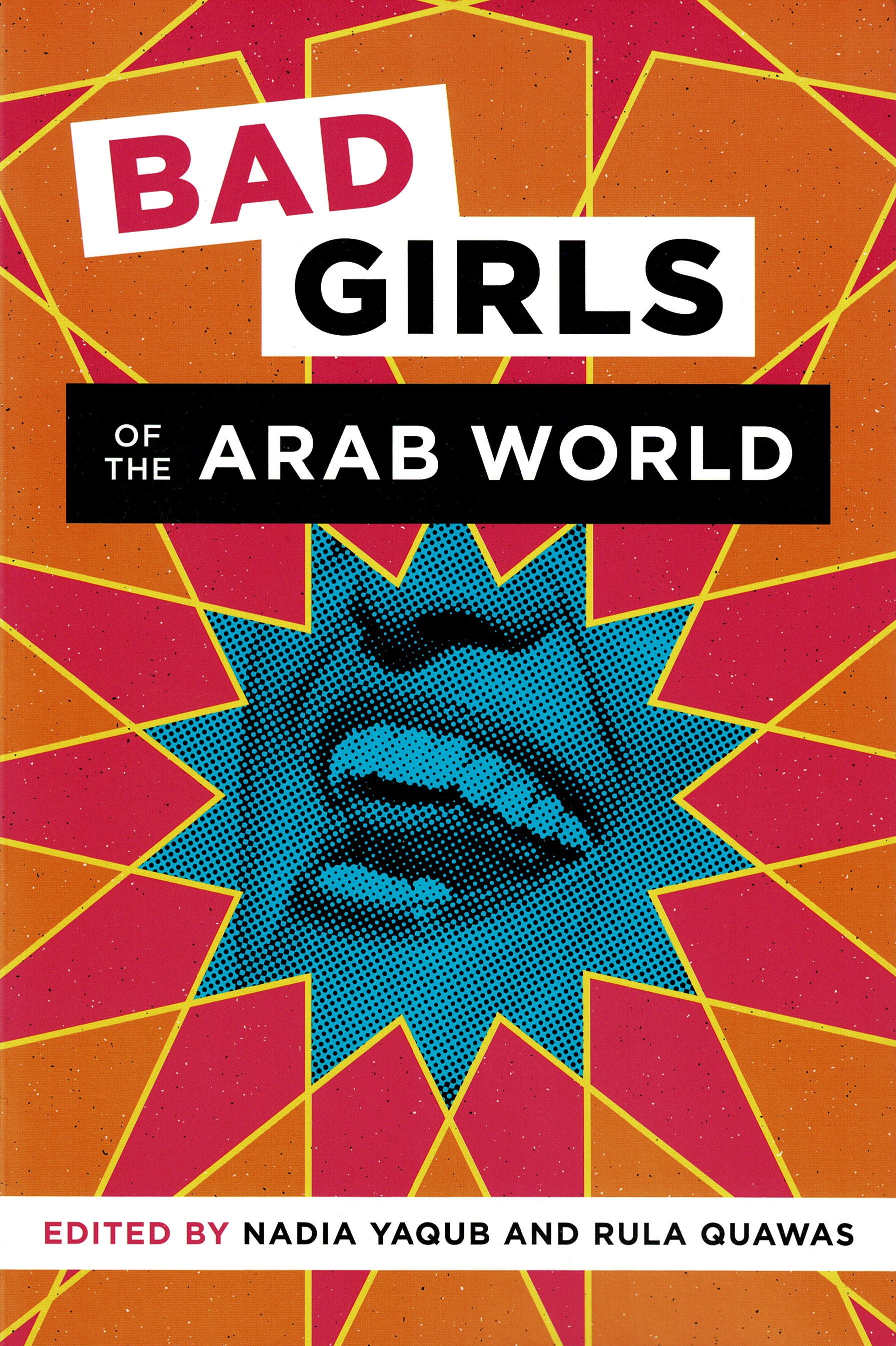Books
The Sexual Unconscious of the Arab Revolutions
Mustafa Khalifa’s ‘The Shell’ Latest Example of Literature Offering Insight of Syrian Ordeal
A mere glance at the most notorious prisons in the world, Assad’s Tadmur moves to the forefront, ranking 2nd on a list of the 10 worst prisons. This is the prison which “hosted” Mustafa Khalifa, the author of “The Shell” for more than 13 years, and which Fawaz Azem reviews for the next issue of Al Jadid.
Who are ‘Bad Girls’...And Who Says So? New Book Examines Women Who Transgress Social Norms in Today’s Middle East
Nostalgia for a Lost Damascus Leads Native Son into Danger in New Thriller
Experience as Essence: A Review of "Al Wallaah" by Syrian Novelist Hanna Mina
New Book Examines Middle East ‘Post Americana’: Twilight of U.S. Cultural Influence
Prescient Book Calls Attention to Consequences of Sunni Diaspora
Book Offers Oral Histories of Five Diverse Egyptian Men
The Western Connection: How the Romanticism of Gibran & Rihani Hooked Up With Naimy’s Critical Realism to Engender a New Arab Literature
Re-evaluating the Syrio-American School










